Bookkeeping FAQs
The short answer is yes, you can do your own bookkeeping. The right answer is really another question: Is doing your own bookkeeping really the best way to spend your time?
Great question! The main difference between a CPA and a bookkeeper is their primary focus. In general, a CPA is focused on taxes – filing your tax returns, reducing your tax liability, tax planning, and so on. A bookkeeper, on the other hand, is focused on the financial health of your business. This includes day-to-day data entry and classifying transactions, reconciling bank and credit card accounts against the monthly statements, accounts payable/receivable all for the ability to create regular financial reports so you have the financial information that you need in order to make informed decisions. While there is overlap between accountants and bookkeepers, they are two different disciplines.
First of all, kudos on being an engaged business owner and wanting to know where your money is going. While doing your own books is a great way to stay informed, it isn’t the only way. Instead, you should focus your attention on the financial reports. You can get the exact same information from your financial reports without the day-to-day data entry that is required to generate accurate reports.
No, definitely not. The bookkeeper’s role is to provide you with information and suggestions. What you do with that information and those suggestions is up to you.
Depending on the size of your business, in-house bookkeeper may not require a full-time employee. This might make it more difficult to find someone who is willing to only work part time. In addition, there are additional costs to an in-house bookkeeper such as payroll taxes, insurance and other benefits, overhead for office space and equipment. An additional advantage of outsourcing the bookkeeping is that it is good practice to have independent eyes watching the bookwork.
Quickbooks on-line provides a remote bookkeeper access to your Quickbooks account. Best practice is to connect your bank and credit card accounts to your Quickbooks account to allow for the automatic download of transactions and statements. When other documents such as receipts need to be provided to the bookkeeper, this can be accomplished by scanning them to a secure, shared, cloud-based document storage platform (such as drop-box, OneDrive, Google Drive) or even better yet, receipts can be scanned directly into Quickbooks using the Quickbooks Online app.
No, I don’t do taxes. But it is a good practice to have a separation of bookkeeping duties from tax preparation duties.
Yes. Quickbooks Online uses the same encryption standards as banks. Click here some additional information about Quickbooks Online security: Quickbooks Online Security
No. I do not use contracts because I do not want either of us feel trapped. Either party can terminate the relationship at any time. Let’s face it, sometime a vendor/client relationship just isn’t a good fit. The engagement letter that I use is intended to clearly define what each party is responsible for.
